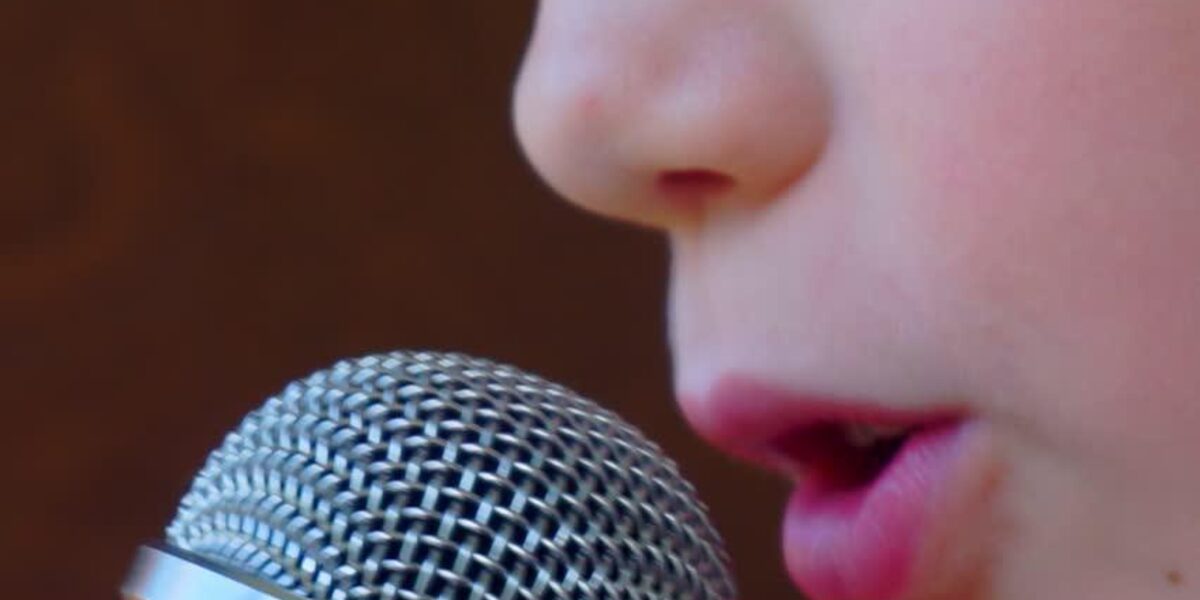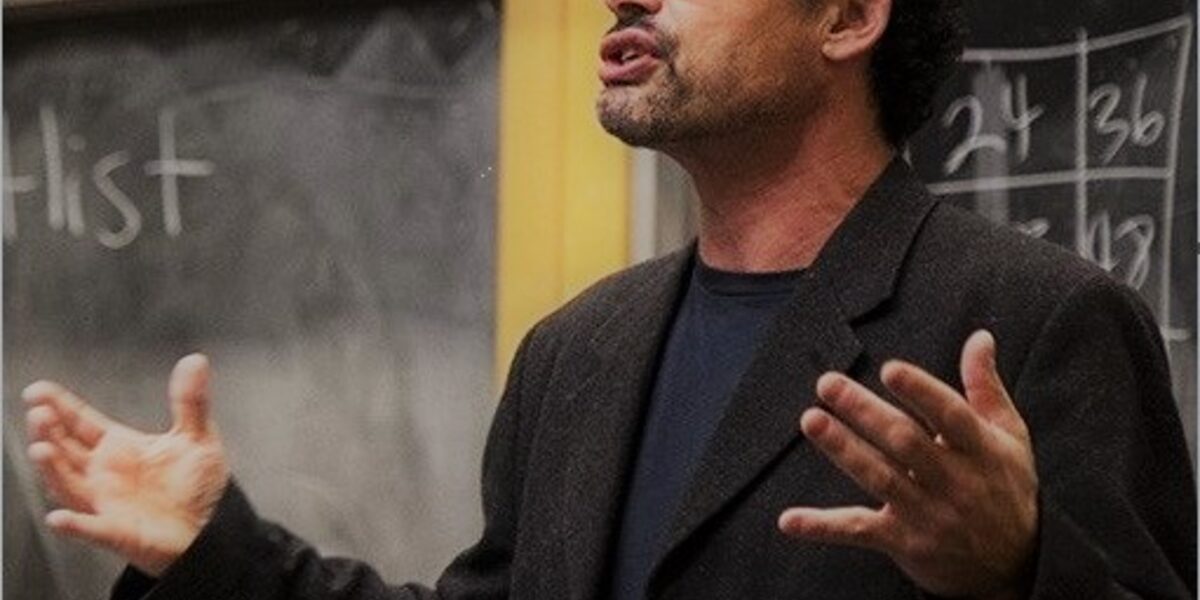Dr. Elizabeth Kay
Certified Music and Voice Therapist
Voice Therapy
Children | Youth | Adults
What is Voice Therapy?
Voice therapy is a unique expressive and creative treatment that integrates the clinical and evidenced-based use of vocal interventions to accomplish personal goals. It combines principles from the world of psychology and psychotherapy with the many possibilities inherent in the medium of vocality. Voice therapy may be used to treat vocal issues that stem from a physical or emotional origin. These may include: Chronic hoarseness, selective mutism, stuttering, speech delay, vocal pathologies, aphasia, impairment of vocal quality, regulation, expression of emotions and more. Voice therapy may be further used to release emotional and vocal barriers, to explore the vast possibilities inherent in the voice, and to experience significant emotional processes. The goals of the therapy are determined according to the needs and abilities of the client. Accordingly, techniques may include: voice development exercises, breathing methods, singing pre-existing or personal songs, vocal improvisation, rhythmic vocal work, deepening the body-mind connection through the voice, discovering and releasing the multitude of expressive possibilities inherent in the voice, developing the various vocal components and more.
From the moment we enter this world, we express ourselves through our personal and unique instrument: our voice. As a meeting point between the body and mind, our voice allows us to naturally and directly access and express our emotions, thereby bypassing rigid defense mechanisms. The human voice contains almost infinite possibilities. It can reflect any emotional, physical or mental state. Our voice possesses the ability to take us to the unspoken ends of the body and mind. It serves as an acoustic mirror that reflects ourselves back to us in sound. It has the power to strengthen our self-perception and preserve our identity as well as to promote the discovery of new identities and a change in self-image. The act of singing in itself provides pleasure and relief. It possesses the ability to motivate and inspire, to stimulate or to calm, and encourages the expression of emotions. Moreover, the human voice is a pre-verbal communication tool and is thereby not dependent on language or limited to words. As such, it may be used to reach beyond words even with those who are non-verbal or verbally restricted. These unique qualities of the voice make it a central tool for self-expression and a powerful therapeutic medium
What Methods are Used?
The treatment is based on methods from the fields of voice development and voice therapy found in the professional literature. These include Voice Movement Therapy, Vocal Psychotherapy and Embodied VoiceWork, as well as original methods of voice therapy developed as part of my doctoral research and based on many years of clinical experience. The process may combine music, movement, drama and art to support and develop vocal work.
Who Can Voice Therapy Help?
Voice therapy is suitable for all ages: children, youth, students, adults and seniors. As the physical and emotional are often intertwined in voicework, voice therapy can generally be helpful for the following:
Vocal needs:
- Those seeking to restore vocal abilities affected by physiological circumstances, such as vocal cord misuse, vocal cord polyps, impairment of vocal quality, aphasia, and more.
- The development of voice, speech and language in children with speech delay, developmental or communication disorders.
- Anyone who uses their voice extensively or uniquely and wants to develop or restore their voice, such as: lecturers, teachers, therapists, group leaders, public speakers, singers and actors.
Emotional needs:
- Anyone whose emotional difficulties affect their voice, such as in cases of prolonged hoarseness, selective mutism, vocal loss, speech flow difficulties, stuttering, vocal dysregulation, and more.
- Those who have a special relationship with their voice and are interested in undergoing an emotional therapeutic process through voice.
Location
The Lord Taylor Music and Voice Therapy Clinic is conveniently located at the David Yellin Academic College of Education.
Full accessibility.
Free underground parking is provided.
Address: 7 Ma'agal Beit HaMidrash st., Beit Hakerem, Jerusalem.





